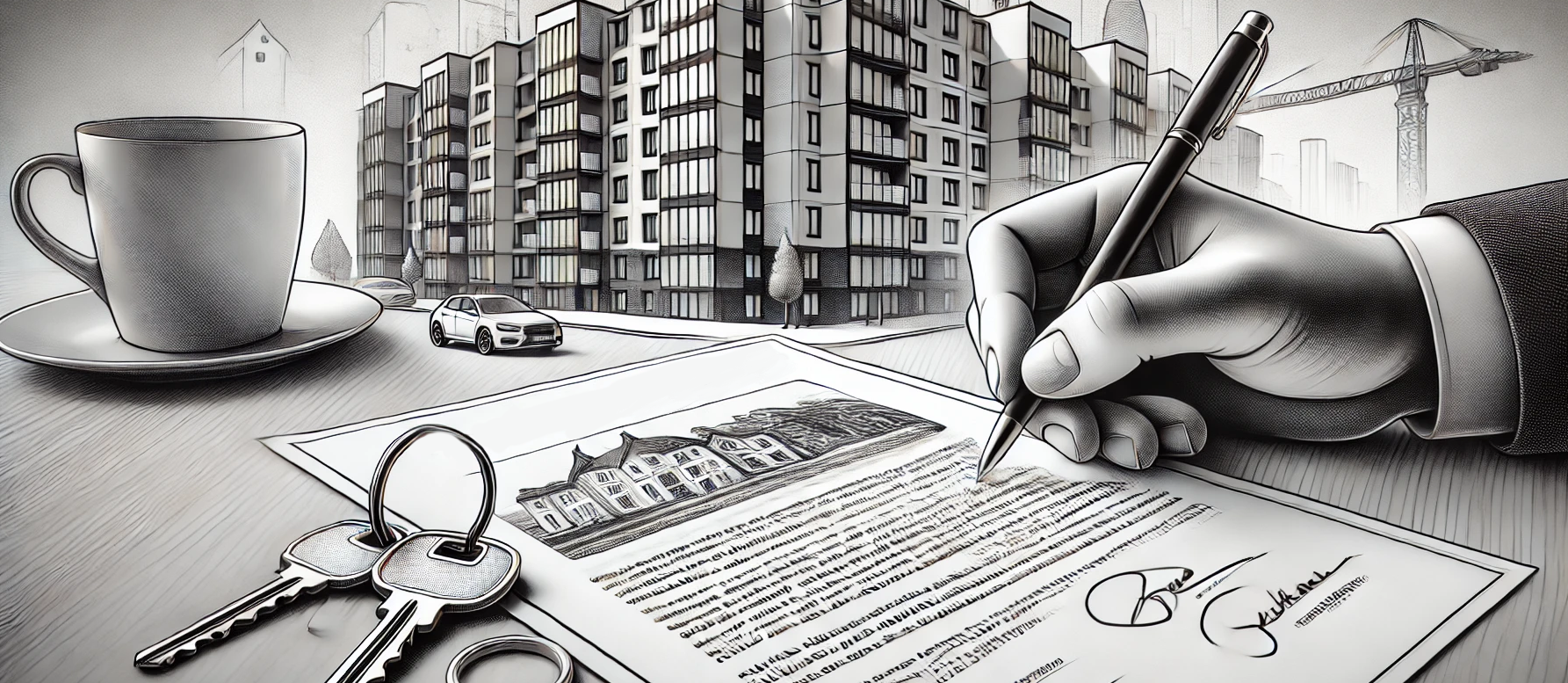For many expats staying in the Czech Republic for an extended period, renting a property is often the most practical housing option. Unless you own a property or plan to stay with friends, renting an apartment or house is likely your best solution. Here’s an overview of what you need to know about renting in the Czech Republic.
1. Security Deposit
Landlords usually require a security deposit (commonly referred to as a “kauce”) equivalent to one to three months’ rent. This serves as a safeguard for any damage to the property or unpaid rent.
Tip: Always inspect the apartment carefully before moving in and ensure a detailed inventory or handover protocol is signed. This can prevent disputes when your lease ends.
2. Lease Duration
Rental agreements are generally offered for a fixed term or open-ended duration:
- Fixed-term lease: Has a defined end date (e.g., one year) and can often be renewed.
- Open-ended lease: More flexible, lasting until terminated by either party.
If you’re uncertain about how long you’ll stay, aim for an open-ended lease or confirm that a fixed-term agreement can be easily extended.
3. Notice Periods
The notice period depends on your lease type and legal terms:
- For open-ended leases, the standard notice period is three months.
- For fixed-term leases, early termination without a valid reason may not be possible.
Check the lease agreement’s termination terms carefully to avoid surprises.
4. What’s Included in the Lease Agreement
A good rental contract should clearly outline
- Details of both parties (tenant and landlord)
- Property address
- Monthly rent amount and due date
- Security deposit amount
- List of utilities and service charges
- Conditions for terminating the lease
- Responsibilities for repairs and maintenance
If certain details are missing, ask the landlord for clarification or consult a professional before signing.
5. Additional Costs
Rent often excludes certain additional expenses. Be prepared for:
- Utilities (electricity, gas): Usually managed by the tenant, requiring separate contracts with suppliers.
- Water and waste collection: Typically included in monthly service charges but verify this.
- Internet and TV: Tenants generally arrange and pay for these independently.
- Building maintenance fees: Contributions for communal upkeep may be included in the monthly charges.
6. Apartment Condition and Inventory
Before signing, review:
- The apartment’s condition: Check windows, doors, appliances, and overall maintenance.
- Inventory list: If the property is furnished, ensure an accurate list of items is included in the agreement.
Tip: Always take photographic documentation of any damage and don’t be afraid to bring any damage or problems to the owner’s attention.
7. Legal Considerations
Rental agreements in the Czech Republic are governed by the Civil Code. For expats, it’s crucial to:
- Obtain a contract in a language you understand (or have it translated).
- Keep a record of all written communication with the landlord.
Summary
Renting in the Czech Republic can be straightforward with proper preparation. Be aware of the security deposit, lease terms, notice periods, and additional costs. By understanding the process and maintaining open communication with your landlord, you can enjoy a hassle-free rental experience.
Need more help or advice on finding a place to live? Reach out to us! ExpatHub.cz is here to make your life in the Czech Republic easier.


Leave a Reply